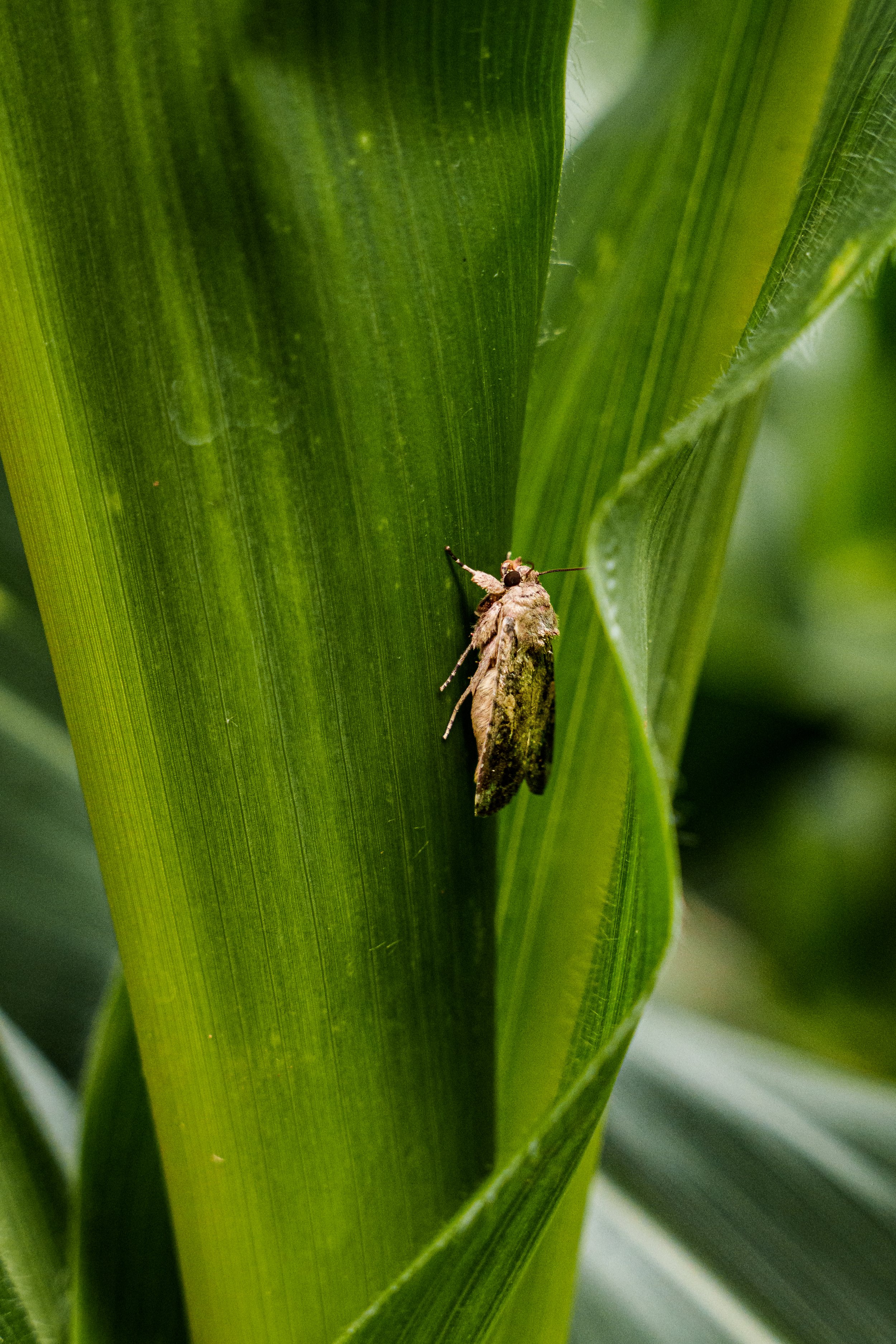Oxitec is Developing Next-Generation Technology to Counter Fall Armyworm
Challenges to Food Security Require Innovative Solutions
The fall armyworm is a destructive pest that has devastated crop production across the world. Fall armyworms’ hunger for maize and nearly 350 other different plant species causes significant losses for farmers and poses a serious threat to food security and economic sustainability worldwide.
As fall armyworm spreads rapidly beyond the borders of North and South America to Africa and Asia, Oxitec is countering this challenge in an environmentally beneficial, safe and sustainable way.
Oxitec’s Friendly™ Fall Armyworm technology platform will help combat this pest and improve agricultural outcomes for farmers worldwide. Releases of the Friendly™ Fall Armyworm males will reduce populations in a safe, environmentally friendly way. This approach is designed to work hand-in-hand with the existing tools available to farmers, offering more sustainable crop protection over the long term.
In Numbers
Fall armyworm are capable of crop destruction that can lower yields by more than 50%, drastically impacting farmers’ livelihoods.
They can fly up to 100 km per night, and can migrate about 480 km before laying eggs, enabling them to spread rapidly to new regions.
Based on 2018 projections by The Food and Agriculture Organization of the United Nations (FAO), up to 17.7 million tons of maize are lost annually due to FAW in Africa alone – representing enough to feed tens of millions of people and an average economic loss of US $4.6 billion.
Pest management costs and yield losses are estimated to cost farmers US $10 billion in the Americas, Africa, Asia, and Australia every year.
Sustainable Solutions
Oxitec’s Friendly™ technology is an environmentally safe and sustainable way to manage fall armyworm and other harmful pests.
This technology reduces reliance on traditional insecticides and pesticides and can slow development of pest resistance to insecticides and biotechnology enhanced crops.
Oxitec Friendly™ technology has no harmful effects on the ecosystems in which it is applied, including other insect species such as bees and butterflies.







